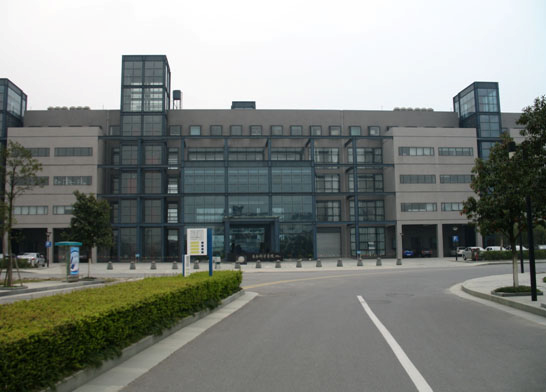Template:Template ZJU-China 2010
College of Life Sciences, Zhejiang University
College of Life Sciences was re-organized in 1999. The college has about 150 faculty and staff members including 30 professors and 45 associate professors. Among them, one professor holds chief-scientist of the National Basic Research and Development Plan and one wins a chair professorship of the "Cheung Kong Scholars Program", Ministry of Education, China. Four professors are awarded by National Outstanding Young Scientists of China. Currently, about nearly 1000 full-time students register in the college for various programs, including 530 undergraduate students, 285 for master's degree graduates, and 217 PhD candidates.
The college presently has three departments: Department of Biological Science, Department of Biotechnology and Department of Bioinformatics, which provide students with a distinctive education and training in the life sciences. These departments have been qualified to function as National Teaching Bases for Biological Science and Biotechnology, respectively. The undergraduate students are required to complete 4 years of study and research training to obtain their BS degree. Their major courses include General Biology, Biochemistry, Cellular Biology, Genetics, Molecular Biology, Microbiology, Animal or Plant Physiology and Bioinformatics etc. A series of optional courses that reflect the frontiers of biological sciences and technology, such as bioengineering, neurobiology, immunology, developmental biology, are also available. All students are encouraged to join a lab for research training after two years of study under the faculty's guidance.
The college owns the State Key Discipline in Ecology and three Provincial Key Disciplines in Botany, Genetics and Microbiology, the State Key Laboratory of Plant Physiology and Biochemistry, the State Conservation Center for Gene Resources of Endangered Wildlife, the Key Laboratory of Conservation Genetics and Reproduction for Endangered Wildlife of Education Ministry, and the Provincial Key Laboratory of Cell and Genetic Engineering. The college receives research funds from National Natural Science Foundation, National Science/Technology research and development programs, international cooperative research programs, and research and development programs from local governments and enterprises.
 "
"




